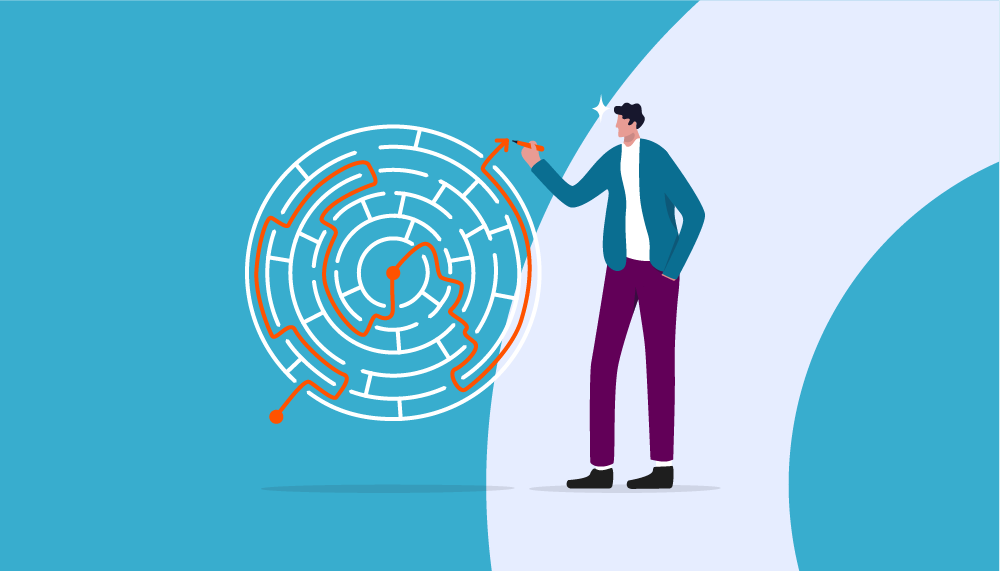I decided to ‘get away from it all’ on a recent holiday, in a converted smallholding in North Wales.
A mile from the nearest village, barely another car on the road or a soul on the beach for the whole week. There was one shop that observed half-day closing, and one pub, which was never open.
As I shut off from the modern world, it was tempting to reminisce about the ‘good old days’. Simpler times like this, with less technology.
But I’ll admit, I struggled when I pulled up at a cash-only car park and didn’t have any loose change (with the nearest cashpoint a mile and half away). I’m so accustomed to using contactless that it slipped my mind.
It made me think about the shortcuts in our lives that make things easier. These ‘life hacks’ might appear small at first, but they make things so convenient that it’s hard to live without them.
Are you digital or analogue?
There’s been a resurgence in popularity of ‘analogue’ things – such as listening to albums on vinyl, or getting milk delivered to your doorstep.
Even CDs have recently made a comeback: last year in the UK music fans bought over 14 million CDs in 2021 - boosted by album releases by ABBA, Adele and Ed Sheeran.
But as we know, the old ways aren’t always the best. When I started as an adviser in 1990, clients used to leave their back doors unlocked for the ‘Man from the Pru’ to come and collect their money and mark up the book. That sort of thing would give town-folk nightmares nowadays.
Perhaps it’s all about finding the right balance and being grateful for having so many options that we’re free to create and curate our own ways of living, whether they’re digital, analogue or a mix of both.
For example, as my parents get older, I’m helping them more at home. Even simple things such as syncing their doctors’ appointments to my calendar, automating bill payments, or setting reminders for must-do tasks makes a massive difference. These small shortcuts can add up to one big saving – for them and me. They’re free of the worry and can get on with what they enjoy doing, and I can look after them as well as everything else, with little disruption.
I see what we do as a bit of a life hack
Come to think of it, having a financial planner could also be considered a bit of a life hack.
A large part of our jobs is knowing all the options, so we can use our experience and wisdom to find the best solutions for our clients in their particular circumstances. We make the complex more straightforward. We filter out the unnecessary. We do this stuff, so they don’t have to.
It’s like putting your phone on ‘do-not-disturb’ mode, it’s a hack that lets people focus on the important stuff and so they can make careful choices.
After all, the aim of financial planning and investing is helping clients to meet their goals and helping them to not get distracted from the plan. It’s not just helping them to generate millions for the sake of it or chasing fads like cryptocurrency.
That’s why, even with all the uncertainty in the world, I still don’t tend to have clients ringing me panicked about the markets or inflation. They tell me that they’re reassured if there was a problem, then I’d call.
Life. Hacked.
Giving them permission
It’s actually after the fundamentals are taken care of and the plan is set up that I find people are more willing to explore things that might have seemed outlandish to them if they were doing everything themselves.
For example, clients are able to work from there and test the figures to see what they’d look like if they tried retiring sooner, selling up and moving to the country, or even going abroad.
Without the financial planning ‘hack’ they might have been tempted to trundle along in misery, thinking that what they really wanted to do was too impossible to engineer.
Or even worse – try to handle it themselves.
Do don’t underestimate your value as a as a hack – and even better – a human one at that.
